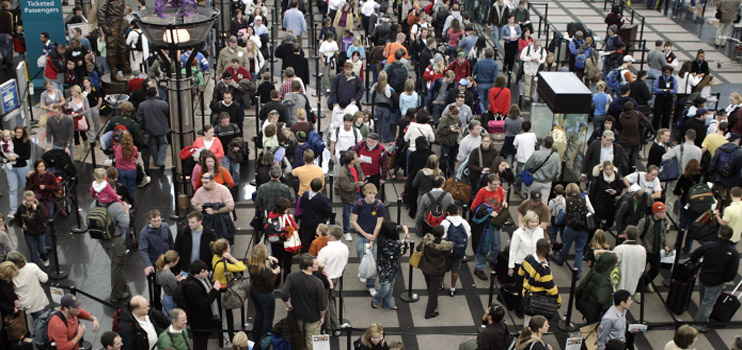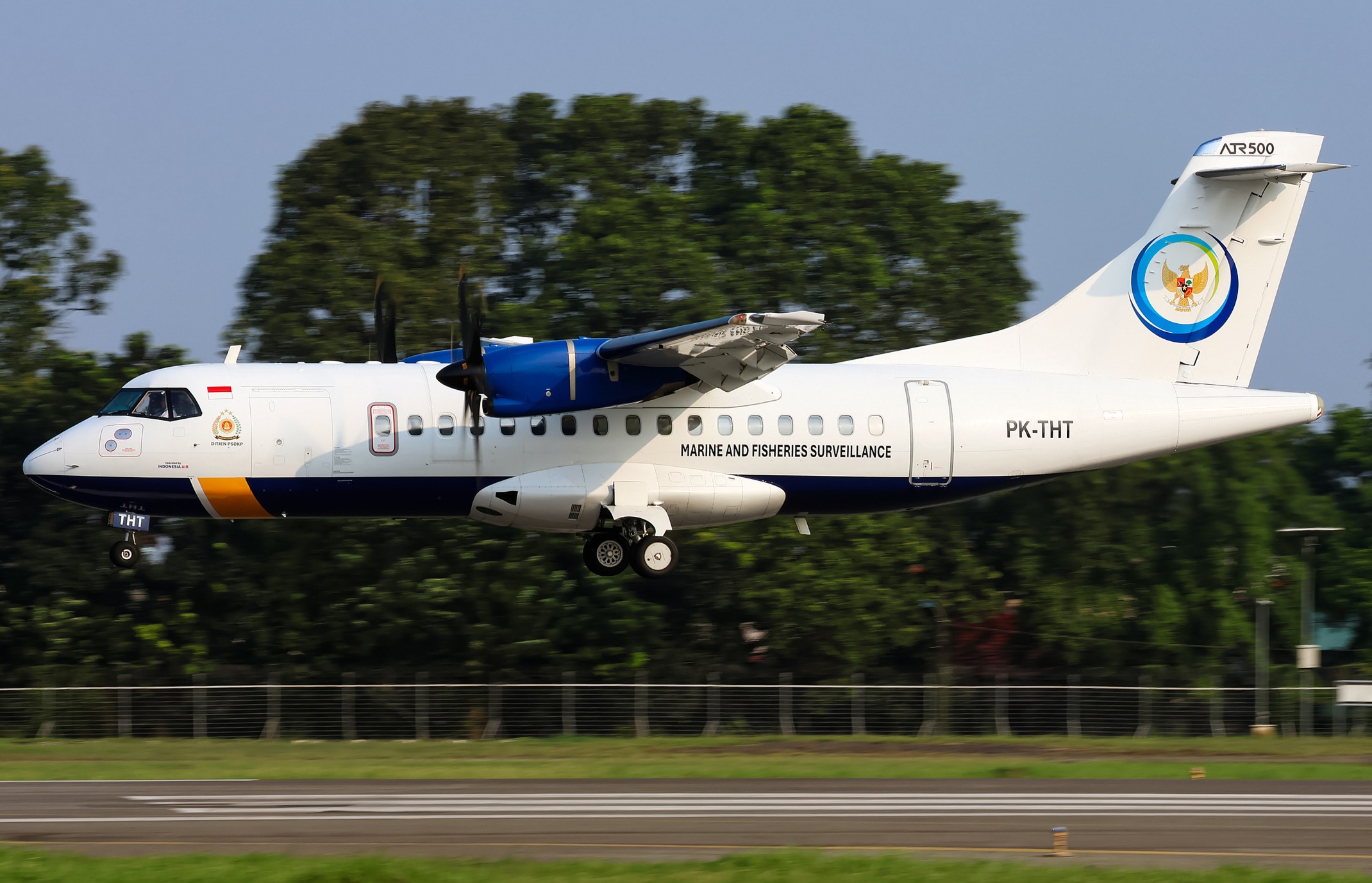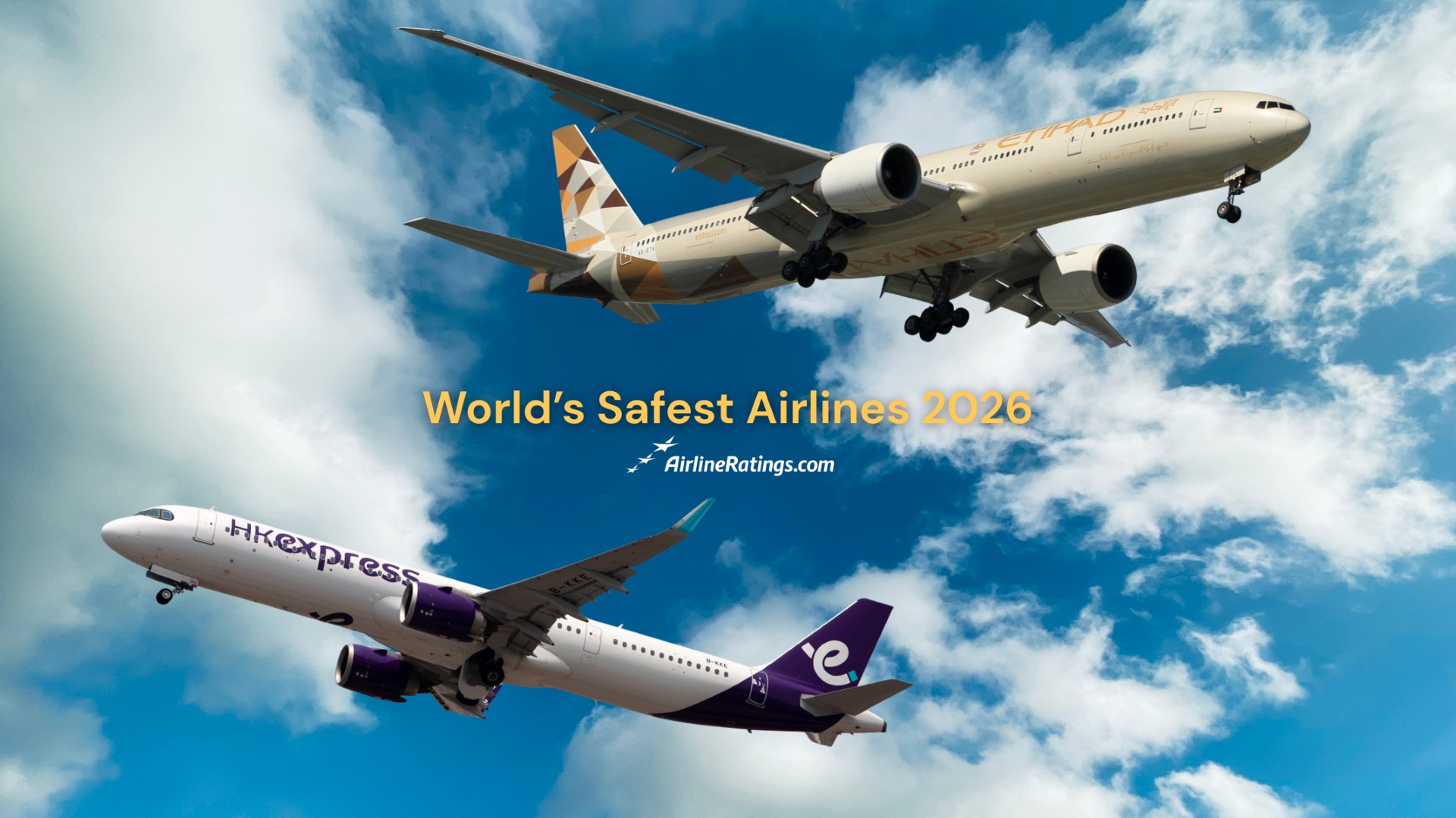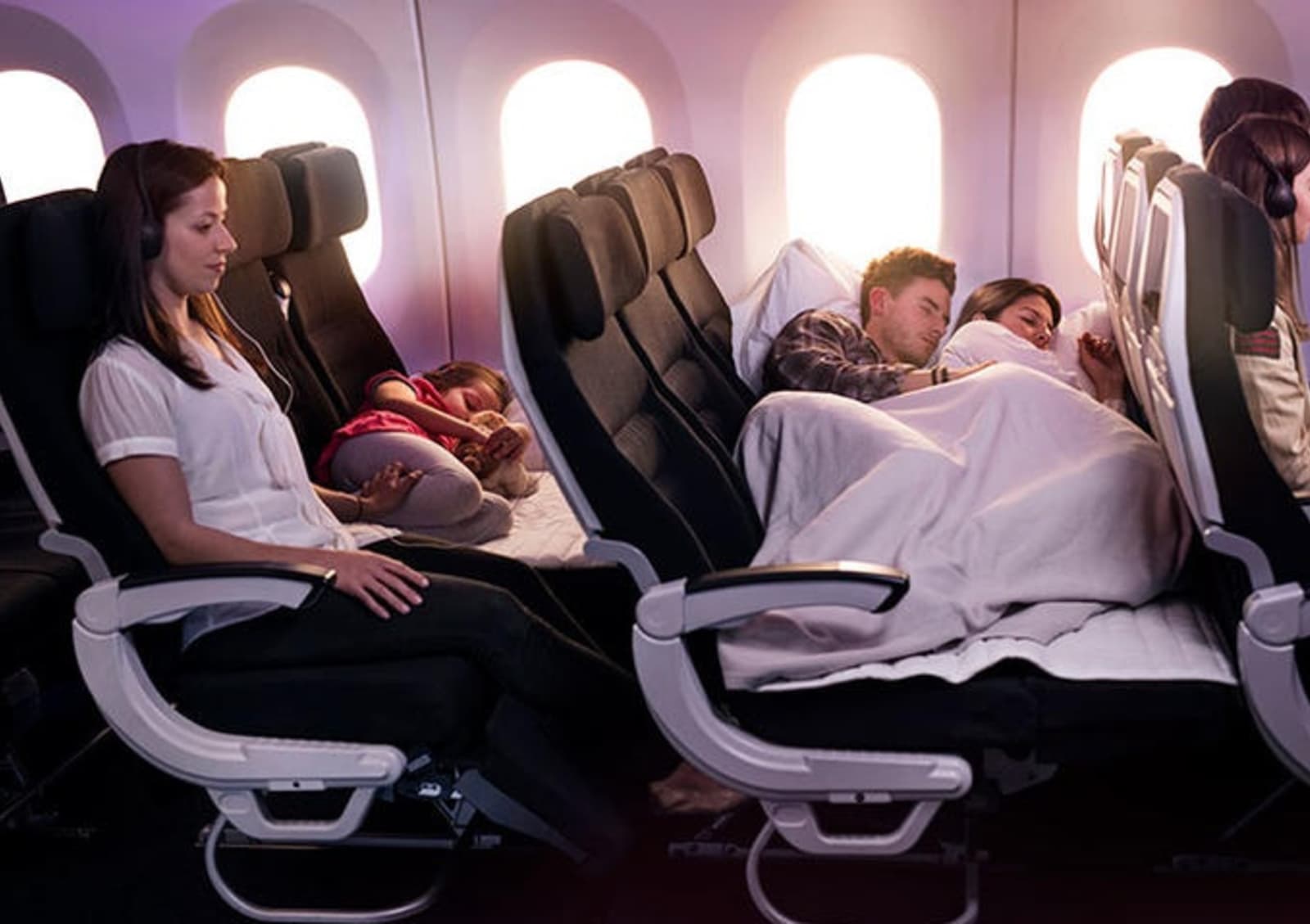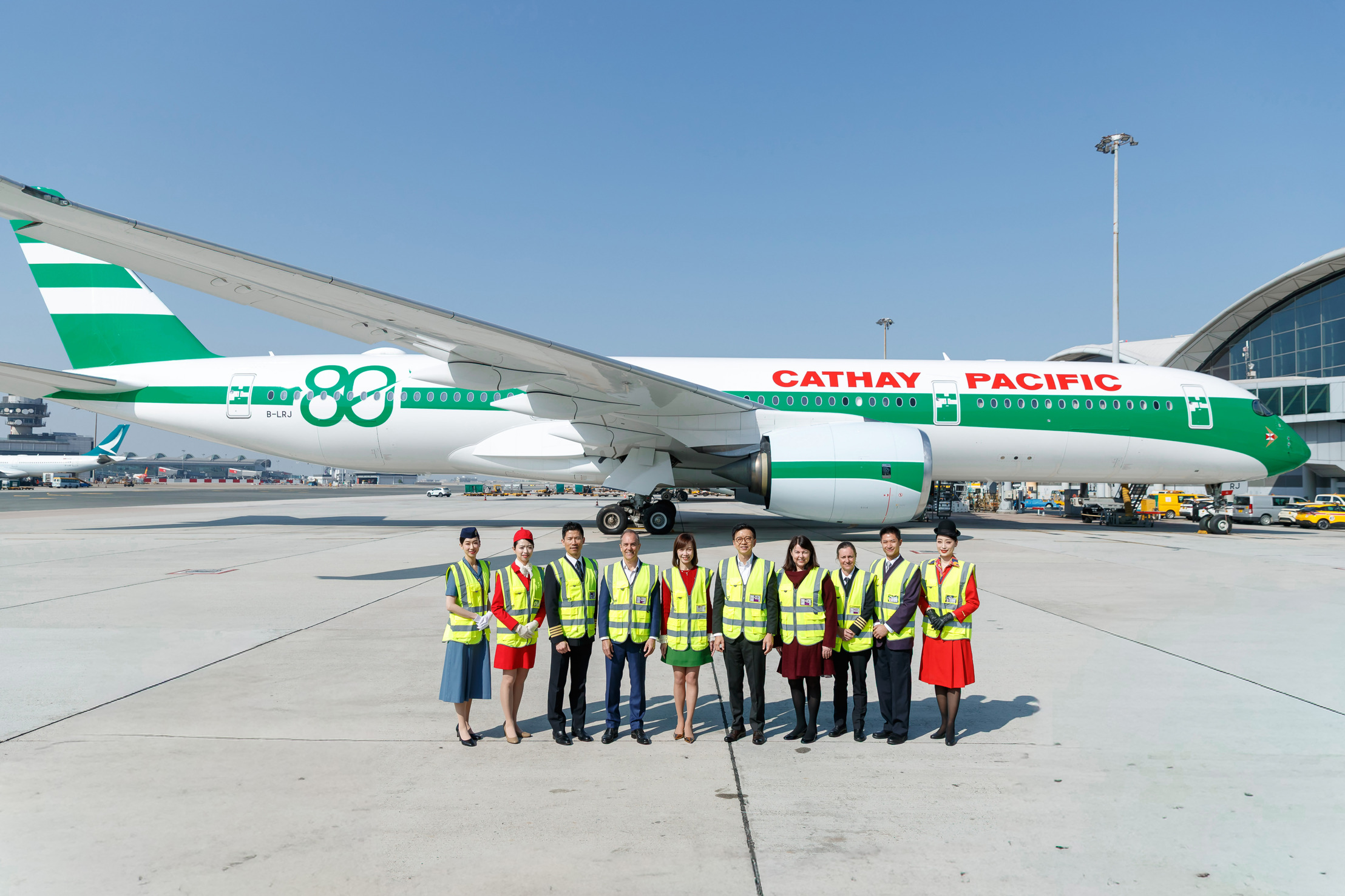By Steve Creedy
Published Thu May 24, 2018
US carriers managed to reduce the level of involuntary denied boarding, more commonly known as bumping, to its lowest level for more than 20 years in the first quarter of 2018.
Carriers have been working on the problem after a series of ugly incidents last year put the spotlight on bumping.
Foremost among these was a video of a bleeding doctor being dragged off a United Express aircraft in Chicago. The video caused a global furor and attracted the attention of US lawmakers.
United subsequently revised a number of policies and significantly raised the compensation it offers passengers to voluntarily give up their seats on oversold flights.
Other airlines did the same with some staff authorized to offer almost $10,000.
New US Department of Transportation figures show the level of involuntary denied boarding’s fell to 0.12 per 10,000 passengers in the January-March quarter.
That translated to just 2,254 passengers of the 180,398, 724 who boarded flights on the 18 reporting airlines. There were another 85, 607 voluntary denied boardings where passengers chose to accept compensation for giving up their seat.
This was the lowest quarterly rate since 1995 and down from a rate of 0.62 in the same quarter of 2017.
The previous lowest quarterly rate was 0.15 per 10,000 passengers posted in the third quarter of 2017.
Delta Air Lines emerged as the best performer when it came to the bumping rate followed by Hawaiian and JetBlue. Spirit Airlines was at the bottom of the table along with Frontier and Alaska.
Of the big carriers, United came in fifth, American 11th and Southwest 14th.
Government rules require airlines to ask for volunteers before denying boarding and to offer compensation to those they turf off the plane if the delay in getting them to their destinations is more than an hour.
That comes in at 200 percent of your one-way ticket price (up to $US675) if you are bumped and between one and two hours late on a domestic flight or between one and four hours late on an international flight.
It hits 400 percent, or a maximum of $US1375, if you are bumped and more than two hours late on a replacement domestic flight or four hours internationally.
How airlines choose who will be bumped depends on a number of factors.
READ: Not all passengers are created equal when it comes to getting bumped.
Have questions or want to share your thoughts?
Get In Touch